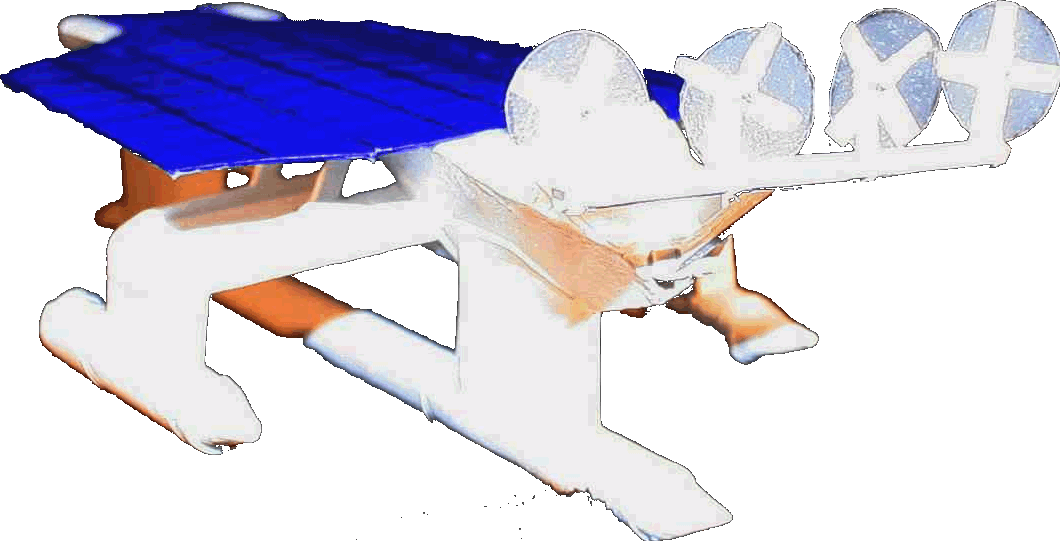|

Charles Stewart Rolls (27 August 1877 – 12 July 1910) was a motoring and aviation pioneer. Together with Frederick Henry Royce he co-founded the
Rolls-Royce car manufacturing firm. He was the first Briton to be killed in a flying accident, when the tail of his Wright Flyer broke off during a flying display near Bournemouth,
England. He was aged 32.
HISTORY
Rolls was born in Berkeley Square, London, third son of the 1st Baron Llangattock and Lady Llangattock. Despite his London birth, he retained a strong family connection with his ancestral home of The Hendre, near Monmouth,
Wales. After attending Mortimer Vicarage Preparatory School in Berkshire, he was educated at Eton College where his developing interest in
engines earned him the nickname dirty Rolls.
In 1894 he attended a private crammer in Cambridge which helped him gain entry to Trinity College, Cambridge where he studied mechanical and applied science. In 1896, at the age of 18, he travelled to Paris to buy his first car, a Peugeot Phaeton, and joined the Automobile Club of
France. His Peugeot is believed to have been the first car based in Cambridge, and one of the first three cars owned in Wales. An early motoring enthusiast, he joined the Self-Propelled Traffic Association which campaigned against the restrictions imposed on motor vehicles by the Locomotive Act, and became a founder member of the Automobile Club of
Great Britain with which it merged 1897.
Rolls graduated from Cambridge University - where he won a Half Blue at cycling - in 1898, and began working on the steam yacht
Santa Maria followed by a position at the London and North Western Railway in Crewe. However, his talents lay more in salesmanship and motoring pioneering than practical engineering; in January 1903, with the help of £6,600 provided by his father, he started one of Britain's first car dealerships, C.S.Rolls & Co. based in Fulham, to import and sell French
Peugeot and
Belgian Minerva vehicles.
Rolls was a tall man, standing at about 1.95 m (6'5") as
you can see in the photograph above.
PIONEER
Charles Rolls was also a pioneer aviator and initially, balloonist, making over 170 balloon ascents. He was a founding member of the Royal Aero Club in 1903 and was the second person in Britain to be licensed to fly by it. In 1903 he also won the Gordon Bennett Gold Medal for the longest single flight time.
By 1907 Rolls' interest turned increasingly to flying, and he tried unsuccessfully to persuade Royce to design an aero engine. In 1909 he bought one of six Wright Flyer aircraft built by Short Brothers under licence from the Wright Brothers, and made more than 200 flights. On 2 June 1910, he became the first man to make a non-stop double crossing of the English Channel by plane, taking 95 minutes – faster than Blériot. For this feat, which included the first East-bound aerial crossing of the English Channel, he was awarded the Gold Medal of the Royal Aero Club. There is a statue to commemorate the flight in Monmouth and another in Dover.
On 12 July 1910, at the age of 32, Rolls was killed in an air crash at Hengistbury Airfield Bournemouth when the tail of his Wright Flyer broke off during a flying display. He was the first Briton to be killed in an aeronautical accident with a powered aircraft, and the eleventh internationally. A statue in his memory, in which he is seen holding a biplane model, was erected in Agincourt Square, Monmouth. A further memorial to him is situated in the bottom playing field of St Peter's
School, which was built on the site of Hengistbury Airfield.
His grave lies at the Monmouthshire church of Llangattock-Vibon-Avel, where many of the Rolls family lie buried in various family tombs. His grave is just below Llangattock Manor and bears the inscription:

LINKS
Charles
Stewart Rolls
Charles
Rolls of Monmouthshire, co-founder of the world famous
Rolls-Royce company
Charles
Rolls Early Birds of Aviation, Inc.
Search
Gathering the Jewels. Old
Photo of Rolls and the Royal Family
Untitled
Document Charles Rolls first aeroplane flight with Wilbur
Wright Oct 8 1908 at Camp D'Auvours, France
Charles
Stewart Rolls Statue, Dover Seafront - Post-renovation
photograph and description
AVIATION
A - Z

Solarnavigator
is a pioneering autonomous ship that Charles Rolls
would
approve of. Indeed, Rolls
Royce are working on autonomous shipping.
|


